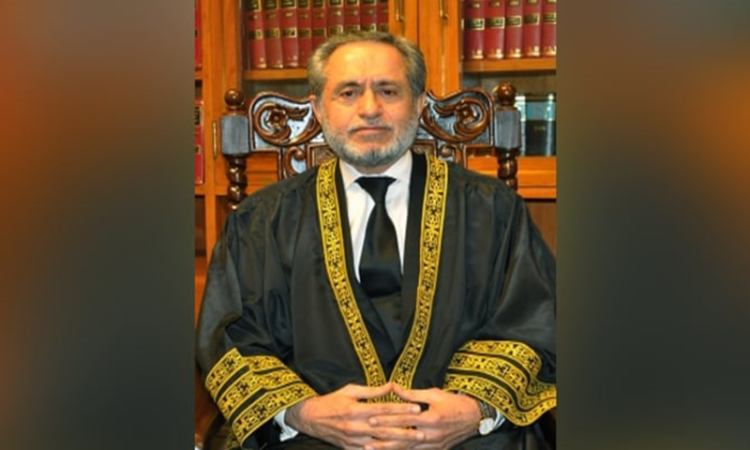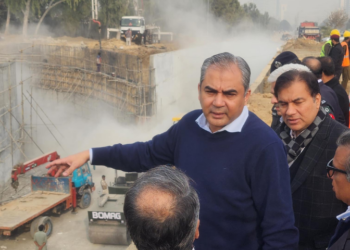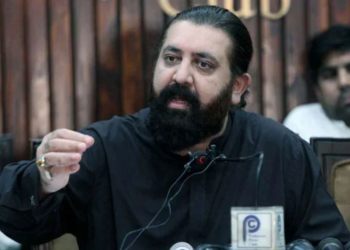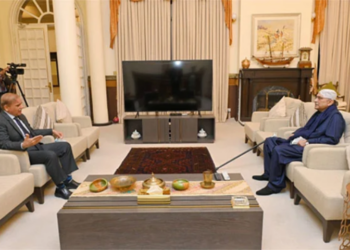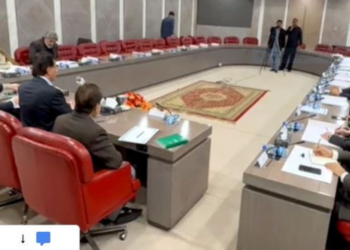Islamabad, December 12, 2024: Supreme Court Justice Jamal Khan Mandokhail on Thursday raised concerns about the legality of subjecting civilians to the disciplinary framework of the armed forces. His remarks came during a hearing of intra-court appeals against military court decisions.
A seven-member constitutional bench, led by Justice Aminuddin Khan, and comprising Justices Jamal Khan Mandokhail, Muhammad Ali Mazhar, Syed Hasan Azhar Rizvi, Naeem Akhtar Afghan, Musarrat Hilali, and Shahid Bilal Hassan, heard the appeals.
Representing the federal government, senior lawyer Khawaja Haris argued that the cases pertain to Article 8 of the Constitution, which addresses laws inconsistent with fundamental rights.
Justice Mandokhail questioned how civilians, who are not part of the armed forces, could fall under the Army’s disciplinary code. Drawing an analogy, he stated, “If someone works in agriculture, they are subject to its discipline, but how does armed forces’ discipline apply to a civilian?” Haris responded that if the law allows, such discipline could be applied.
Justice Musarrat Hilali highlighted concerns about individuals in military custody not receiving copies of FIRs, while Justice Muhammad Ali Mazhar scrutinized earlier rulings that found the Army Act incompatible with Article 8. Haris maintained that under specific circumstances, civilians could fall under the Army Act, asserting that the court lacks the authority to nullify its provisions.
Justice Mandokhail further questioned whether merely contemplating incitement could place a civilian under the Army Act. He also asked if the application of the Army Act undermines Section 1 of Article 8, which guarantees fundamental rights.
Justice Hilali sought clarity on whether military court trials ensure access to legal counsel and evidence for the accused. Haris affirmed that legal representation and necessary materials are provided.
When Justice Mandokhail posed a hypothetical scenario involving a soldier killing an officer, Haris stated that such a case would be tried in an ordinary court. Justice Mandokhail then asked how someone not subject to the Army Act could be deprived of their fundamental rights.
The court also revisited earlier rulings. On October 23, 2023, a five-member bench unanimously declared civilians’ trials in military courts null and void after hearing petitions challenging such trials related to the May 9 riots. However, on December 13, 2023, a six-member bench suspended the earlier verdict, with Justice Hilali dissenting.
The Pakistan Tehreek-e-Insaf (PTI) criticized the Supreme Court’s 5-1 decision to suspend its ruling, calling it a “judicial coup.” More than 100 civilians, accused of attacking military installations on May 9 following Imran Khan’s arrest in a graft case, currently face military trials.
The debate continues to test the boundaries between military jurisdiction and civilian constitutional rights, with implications for Pakistan’s legal and political landscape.



